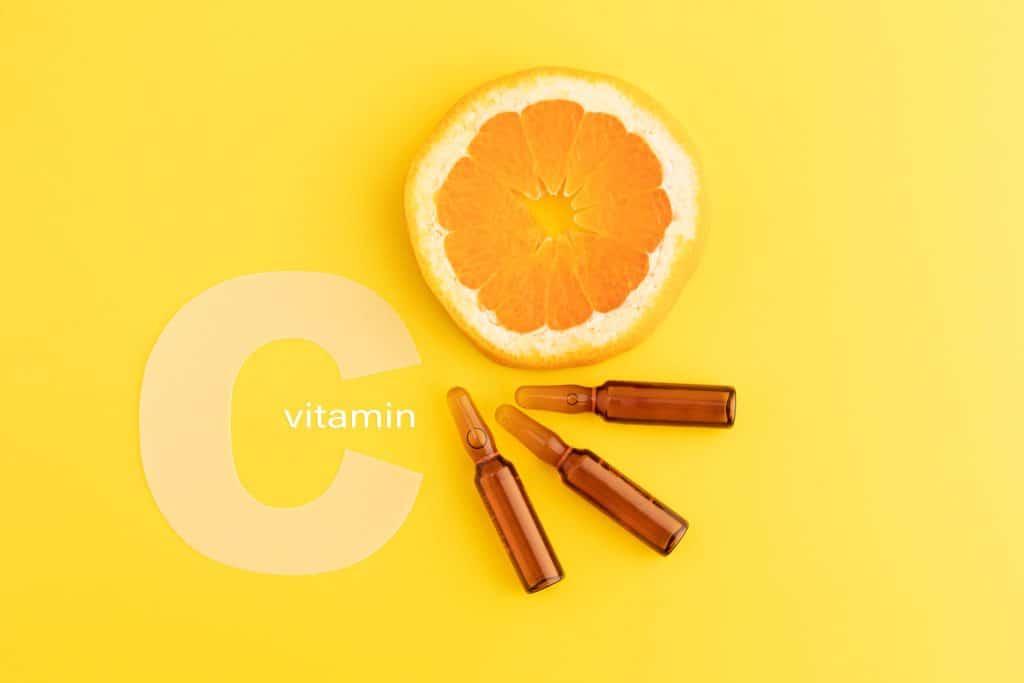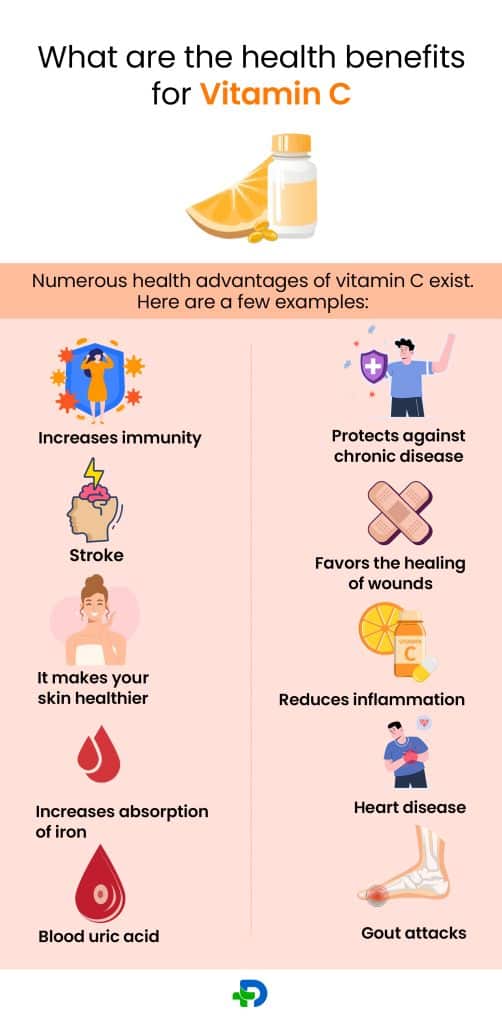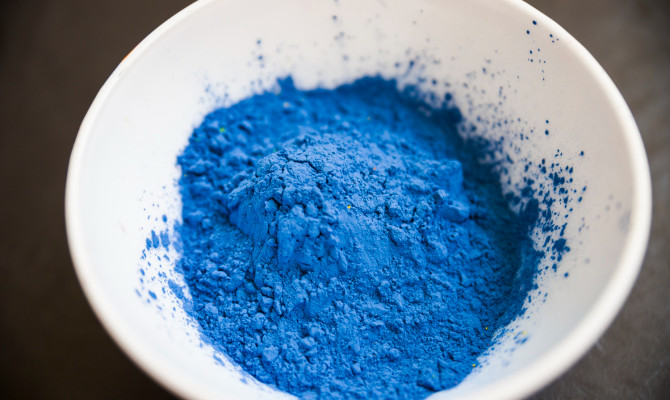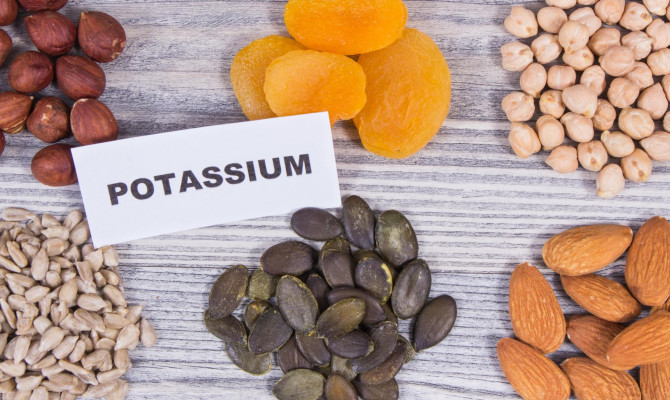Vitamin C and its significance

- Vitamin C
- 14 Aug 2023
Overview
What is vitamin C ?
Ascorbic acid, or vitamin C, is a crucial substance that keeps our bodies healthy. It is essential for various cellular functions, including immune system function.
Despite being frequently linked to its function in preventing and treating the common cold, vitamin C has many other advantages. According to research, vitamin C may also help prevent the development of chronic diseases. 1What is vitamin C| Researched based study from Od.nih.gov
The numerous uses and advantages of vitamin C will be discussed in this article, along with any possible side effects from deficiency and excessive consumption.

Biological role
Role in the body
It has several significant functions in the organism. The following are some of the primary purposes of vitamin C:
Collagen synthesis
- Collagen, a protein in connective structures all over the body, is produced only when vitamin C is present in the body. Skin, bones, ligaments, and cartilage need collagen to remain healthy and durable.
Anti-oxidant function
- In the body, it is an anti-oxidant to shield cells from injury from dangerous molecules known as free radicals. This aids in preventing long-term illnesses like cancer, heart disease, and age-related retinal degeneration. 8Role in the body| Researched based study from Medlineplus.gov
Immune system
- Aids in the body’s ability to assimilate iron from plant-based sources, which is crucial for those who consume only vegetarian or vegan foods.
Wound healing
- Plays a part in tissue regeneration and wound healing 4Role in the body| Researched based study from Nlm.nih.gov
Regulation of mood
- A step in producing neurotransmitters, such as serotonin, which regulates mood and fends off melancholy.
Blood pressure management
- According to studies, vitamin C may reduce blood pressure, especially in those with high blood pressure. 4Role in the body| Researched based study from Nlm.nih.gov
Benefits

What are the health benefits?
Numerous health advantages of vitamin C exist. Here are a few examples:
Increases immunity
- Encourages the creation of white blood cells, aiding the immune system’s defense against infections and disease.
Protects against chronic disease
- It is a potent antioxidant that aids in defending cells against injury from dangerous molecules known as free radicals. This could lower the chance of developing chronic illnesses like cancer, cardiovascular disease, etc. 2What are the health benefits | Researched based study from Nlm.nih.gov
Stroke
- According to several studies, people with greater blood levels of vitamin C are less likely to suffer a stroke than those with lower levels. In terms of stroke prevention, it might be effective. It is significant to note that more research is required because the evidence is inconclusive. 4What are the health benefits| Researched based study from Nlm.nih.gov
Favors the healing of wounds
- Involved in creating assemblages that aid in the recovery of damages.
It makes your skin healthier
Essential for maintaining healthy skin and preventing sun harm, ageing, and other skin issues. It has a significant impact on preserving the skin’s appearance and health. A collagen protein is necessary to maintain the skin’s flexibility and structural integrity. vitamin C , 7What are the health benefits | Researched based study from nhs.uk
- Increases collagen synthesis
- Maintains the skin moisture
- Lessening the visibility of fine lines and wrinkles
- Reduces dark spots and hyperpigmentation.
Reduces inflammation
- It has anti-inflammatory properties that can aid in reducing the body’s inflammation, which is linked to various health issues.
Increases absorption of iron
- Aids in the body’s ability to assimilate iron from plant-based sources, which can be crucial for those who consume only vegetarian or vegan foods. Avoids iron deficiency as a result.
Heart disease
- By enhancing blood vessel function, decreasing inflammation, and lowering blood pressure, vitamin C may help reduce the chance of heart disease. According to one study, those who were supplemented with vitamin C had a lower chance of getting heart disease than those who did not. 5What are the health benefits | Researched based study from Nlm.nih.gov
Blood uric acid
- Gout is a painful type of arthritis that high blood levels of uric acid can bring on. By increasing uric acid excretion in the urine, vitamin C has been shown to lower blood uric acid levels.
Gout attacks
- Vitamin C lowers the chance of oxidative stress and inflammation, which helps prevent gout attacks.
While it may help lower the risk of various diseases, it should not be used as a substitute for medical care, and it is essential to remember. Work with your doctor to create a thorough treatment strategy if you have a heart disease or gout history. 1What are the health benefits| Researched based study from Od.nih.gov
Dosage
What amount of Vitamin C should I consume?
Depending on variables like age, gender, and other conditions like pregnancy or breastfeeding, different amounts of vitamin C are advised. The following are the suggested dietary allowances for vitamin C:
Infants
- The suggested daily intake for children from birth to six months is 40 mg. Infants aged 7 to 12 months should take 50 milligrammes per day. 8What amount of Vitamin C should i consume| Researched based study from Medlineplus.gov
Children
- It is 15 mg/day for infants ages 1-3 years. The recommended daily intake is 45 milligrams for kids aged 9 to 13 and 25 mg for kids aged 4 to 8. 8What amount of Vitamin C should i consume| Researched based study from Medlineplus.gov
Adolescents
- The suggested daily intake for male teenagers is 75 mg for those between the ages of 14 and 18. It is 65 milligrams per day for females. 8What amount of Vitamin C should i consume| Researched based study from Medlineplus.gov
Adults
- The suggested dosage for adult men is 90 mg per day if they are 19 years of age or higher. It is 75 mg/day for adult women at least 19 years old.
- During pregnancy and breastfeeding, the recommended dose increases to 85-120 mg/day, depending on the stage of pregnancy or lactation. 1What amount of vitamin c should i consume | Researched based study from Od.nih.gov 8What amount of Vitamin C should i consume| Researched based study from Medlineplus.gov
Sources
What are the good sources of vitamin C ?
Natural sources
Fresh food like fruits and vegetables are widely accepted sources , some of them are: 7What are the good sources of vitamin C | Researched based study from nhs.uk
- Citrus fruits- oranges, lemons, limes, grapefruits
- Berries- strawberries, raspberries, blackberries, blueberries.
- Tropical fruits- kiwi, pineapple, mango, papaya.
- Tomatoes
- Bell peppers- especially red and yellow peppers
- Broccoli
- Brussels sprouts
- Cabbage
- Spinach
- Cauliflower
- Potatoes
It’s essential to note that some of these sources lose vitamin C content when cooked, so it’s best to eat them raw or barely cooked. It’s best to eat fruits and veggies as soon as possible after buying them because some may lose vitamin C during storage. 1What are the good sources of vitamin c | Researched based study from Od.nih.gov
Supplements
You can easily make sure you are receiving enough of this crucial nutrient by taking vitamin C supplements. They come in various formats, including powders, chewables, chewable tablets, and capsules.
Some common types of vitamin C supplements include
Ascorbic acid
- The most typical style is frequently used to promote immune function. 1Sources of vitamin C| Researched based study from Od.nih.gov
Vitamin C in a buffer
- People who experience stomach discomfort from regular ascorbic acid may be able to handle this form better because it is less acidic. 1Sources of vitamin C| Researched based study from Od.nih.gov
Ester–C
- Ascorbic acid alone may not be as well absorbed and kept by the body as this form’s calcium ascorbate and other vitamin C metabolites. 1Sources of vitamin C| Researched based study from Od.nih.gov
Deficiency diseases
Diseases associated with Vitamin C deficiency
Vitamin C deficiency, also known as scurvy, can cause several health problems.
- Fatigue and weakness
- Muscle and joint pain
- Bruising easily
- Bleeding gums
- Tooth loss
- Swollen, painful joints
- Dry, scaly skin
- Anemia
- Delayed wound healing
- Increased susceptibility to infections
Untreated scurvy has the potential to be deadly. Scurvy is uncommon in industrialized nations, though. Smokers, people with specific malabsorption syndromes, people with limited access to fruits and vegetables, and people with an unbalanced diet are at greater risk of vitamin C deficiency. 2Diseases associated with Vitamin C deficiency | Researched based study from Nlm.nih.gov ,9Diseases associated with Vitamin C deficiency | Researched based study from Nlm.nih.gov
Vulnerability
Who are at risk of vitamin C deficiency?
- Smokers-Smoking can reduce the body’s ability to absorb and use vitamin C.
- Unbalanced diet-Individuals who eat a limited range of foods, such as those whose diets are primarily processed or packaged foods and do not include enough fruits and vegetables.
- Older individuals-Fruits and vegetables may be consumed in smaller amounts by older people. Some people might have trouble absorbing nutrition.
- Medical issues-Diseases like Crohn’s disease and celiac disease can make it difficult to absorb or use ascorbic acid.
- Alcoholics-Alcohol can obstruct the body’s ability to absorb and use vitamin C. 9Who are at risk of vitamin C deficiency | Researched based study from Nlm.nih.gov
Toxicity
Overdose of Vitamin C
Hypervitaminosis C, or vitamin C toxicity, can result from excessive amounts of the vitamin. Based on the person and amount consumed, the symptoms may include:
- Nausea and vomiting
- Diarrhea
- Headache
- Abdominal pain
- Insomnia
- Kidney stones
- Interference with medical tests
Taking up to 2000 mg of vitamin C daily is generally considered safe for most people, but higher doses may increase the risk of side effects. 3Overdose of Vitamin C | Researched based study from Nlm.nih.gov , 7Overdose of vitamin C | Researched based study from nhs.uk
Outlook
The bottom line
We need vitamin C, which is a crucial nutrient. It has numerous established health advantages.
It is crucial to include it in the diet daily because it can enhance the immune system and perform in general.
Before consuming any supplements, it is essential to follow the proper dosage instructions and consult your doctor if you have any medical conditions.
Any feedback on this article?
 This Articles content was accurate
This Articles content was accurate Very Informative Article
Very Informative Article I have a question or a comment
I have a question or a comment
 This article contains inaccurate content
This article contains inaccurate content This article was not helpful
This article was not helpful I have a question or a comment
I have a question or a comment
We appreciate your helpful feedback!
Checkout our social pages
References
-
National Institutes of Health
Vitamin C-Factsheet for Health Professionals | Introduction | Sources | Dosage | Benefits
-
National Library of Medicine
Vitamin C (Ascorbic Acid) | Deficiency
-
National Library of Medicine
Vitamin C in Disease Prevention and Cure: An Overview | Overdose
-
National Library of Medicine
Effects of vitamin C supplementation on blood pressure: a meta-analysis of randomized controlled trials | Biological role
-
National Library of Medicine
Vitamin C and Heart Health: A Review Based on Findings from Epidemiologic Studies | Benefits
-
National Library of Medicine
Vitamin C function and status in chronic disease | Benefits
-
National Health Service
Vitamin C-Vitamins and Minerals | Sources | Benefits | Toxicity
-
MedlinePlus
Vitamin C | Biological role | Dosage
-
National Library of Medicine
Vitamin C Deficiency | Vulnerability | deficiency



































